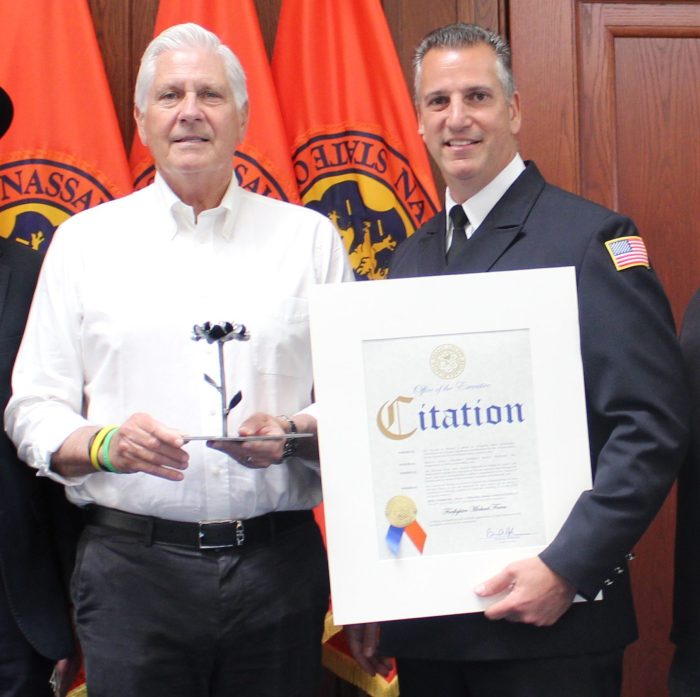The War On Christmas?
Are secular forces in the United States trying to snuff out the light of Christmas and shove it into the closet where it belongs? Fox News certainly thinks so and has been broadcasting evidence about the “War on Christmas.” Declaration of War these days are quite common and effective. The rhetoric regarding the Republican Party’s War on Women this past political campaign was so intense you could hear the gunfire, smell the napalm and see the mushroom clouds over every feminist cause to underscore that the GOP was driven by a cabal of monomaniacal, misogynist Dr. Strangeloves.
These accusations rarely have any basis in fact and there is reason to believe that the bombast against celebrating Christmas, while a pernicious trend, hardly constitutes a full-scale war. Christmas, after all, is still recognized as an official federal holiday by the United States government. Christmas lights, trees, greeting cards etcetera are omnipresent. The citizens of our nation celebrate with reverence and poignancy the birth of Jesus Christ without any molestation that is worth mentioning.
As a child, the most pointed criticism I heard about Christmas was its incessant and growing commercialism, which clouded or obscured the good news that a messiah had been born among us. That has definitely shifted with the growing sensitivities of a multicultural society acutely attuned to public expressions of personal faith. Some of my Jewish friends have told me that growing up they felt alienated during Christmas time and these feelings were summed up in Adam Sandler’s popular and humorous Chanukah song. Decades earlier, songwriters like Irving Berlin helped secularize the holiday by accentuating the beauty rather than the religious aspect of the season by writing the lyrics that Bing Crosby made famous, “White Christmas,” the best- selling holiday song of all time.
Sentiments of non-Christians are understandable but some of the critics have harvested a bellyful of vitriol against Christmas that is something more than just merely protecting the rights of non-Christians. They are downright hostile and angry about Christmas. Was it really necessary to ban Nativity scenes at public schools or object to televising A Charlie Brown Christmas? Insist like Rhode Island’s Governor Lincoln Chafee on calling the Christmas tree a Holiday Tree? The last reference, I suppose, has been the logical culmination of the now ubiquitous Happy Holidays that has intruded upon our felicitations and all but replaced the salutation of Merry Christmas. Many non-believers support renaming the Christmas holiday “December 25,” which amply demonstrates the level of extremism that these antagonists are willing to stoop to. Like the Grinch that stole Christmas, these surly folks must have garlic in their soul.
When I attended public grade school, I remember the classes gathering near a Christmas tree singing the hymn “Silent Night” and “Joy to the World.” I cannot imagine anything like that occurring today —- not without criticism, litigation and even threats. I ascribe much of this fierceness to a more virulent strain of atheism that has infiltrated the public discourse and designed not merely to keep religion out of the public square, but to annihilate it wherever it exists.
Only an overzealous minority, but one that is both articulate and determined, harbor such radical sentiments. The upshot is they carry a disproportionate influence and tend to be a thorn in the flesh of those of us who truly enjoy and revel in the generous spirit of the Christmas season, which cannot be separated from its religious beginnings. I believe that the 1984 Supreme Court struck the right balance in their ruling on Lynch v. Donnelly when it stated that a religious theme can be permitted in the public sphere if it has a legitimate secular purpose. I can live with such a declaration since peace on earth and goodwill to all men has as legitimate a secular purpose as a religious one.
Centuries earlier, many Protestant sects of the Reformation did not wish to celebrate Christmas since they saw it as a holiday of the Roman Catholics. Such prejudices have long dissipated and with the 1843 publication of Charles Dickens’ timeless A Christmas Carol there is something for everyone to celebrate, appreciate and enjoy during this festive season. Indeed, the current state of observance at Christmas is in no small part due to the mid-Victorian revival of the holiday characterized by family gatherings, epicurean feasts of food and drink and the spurring of charitable giving that has made this time of year not only a season of lights and devotional music but a festival of generosity. Why, regardless of one’s religious faith or absence thereof would anyone, this side of Scrooge, wish to abort such a bountiful gift to humanity.
The religious significance of Christmas remains enshrined in our hearts and culture and I hope and trust that it will always be so. With that note, I feel brazen enough to wish all my readers a very merry and blessed Christmas.
































